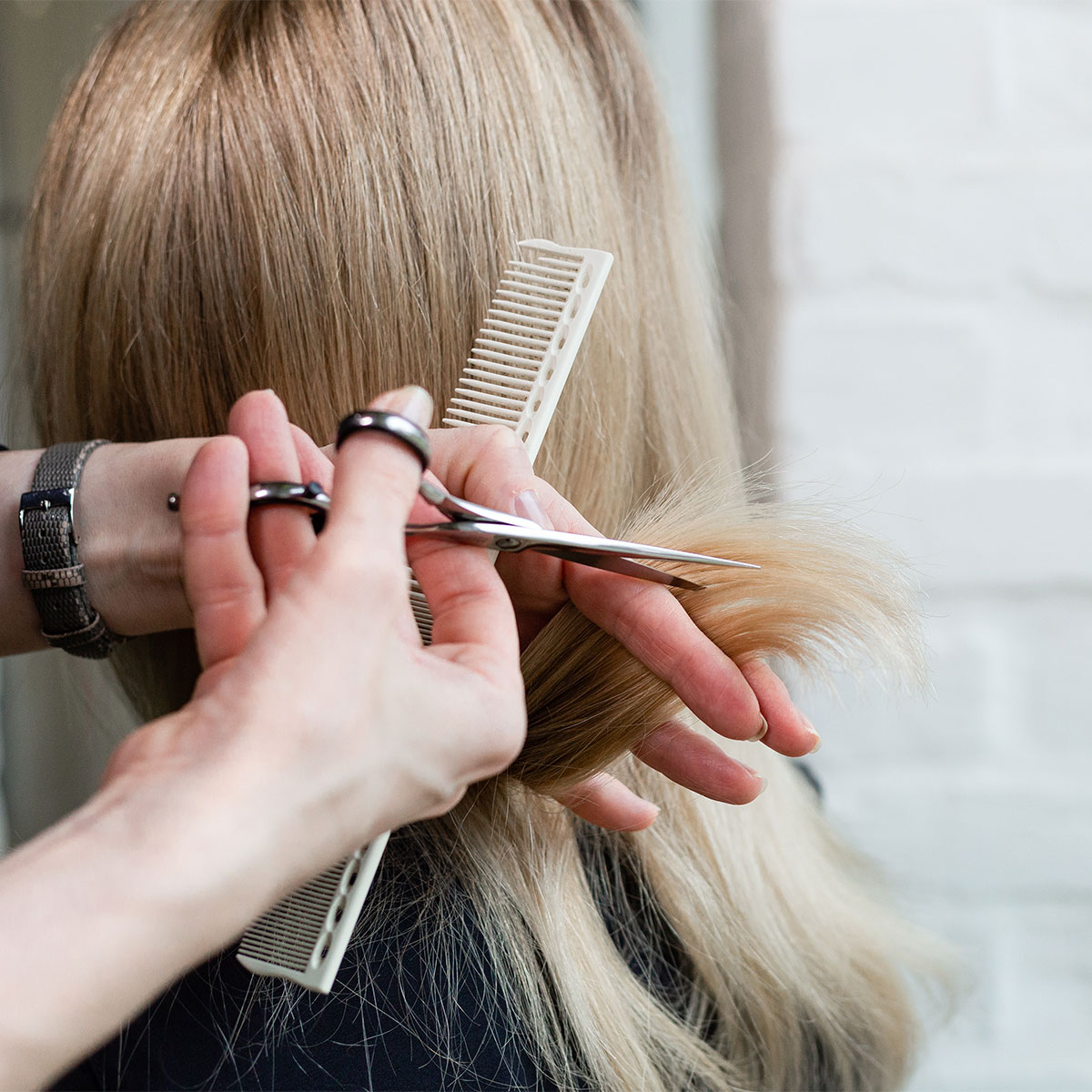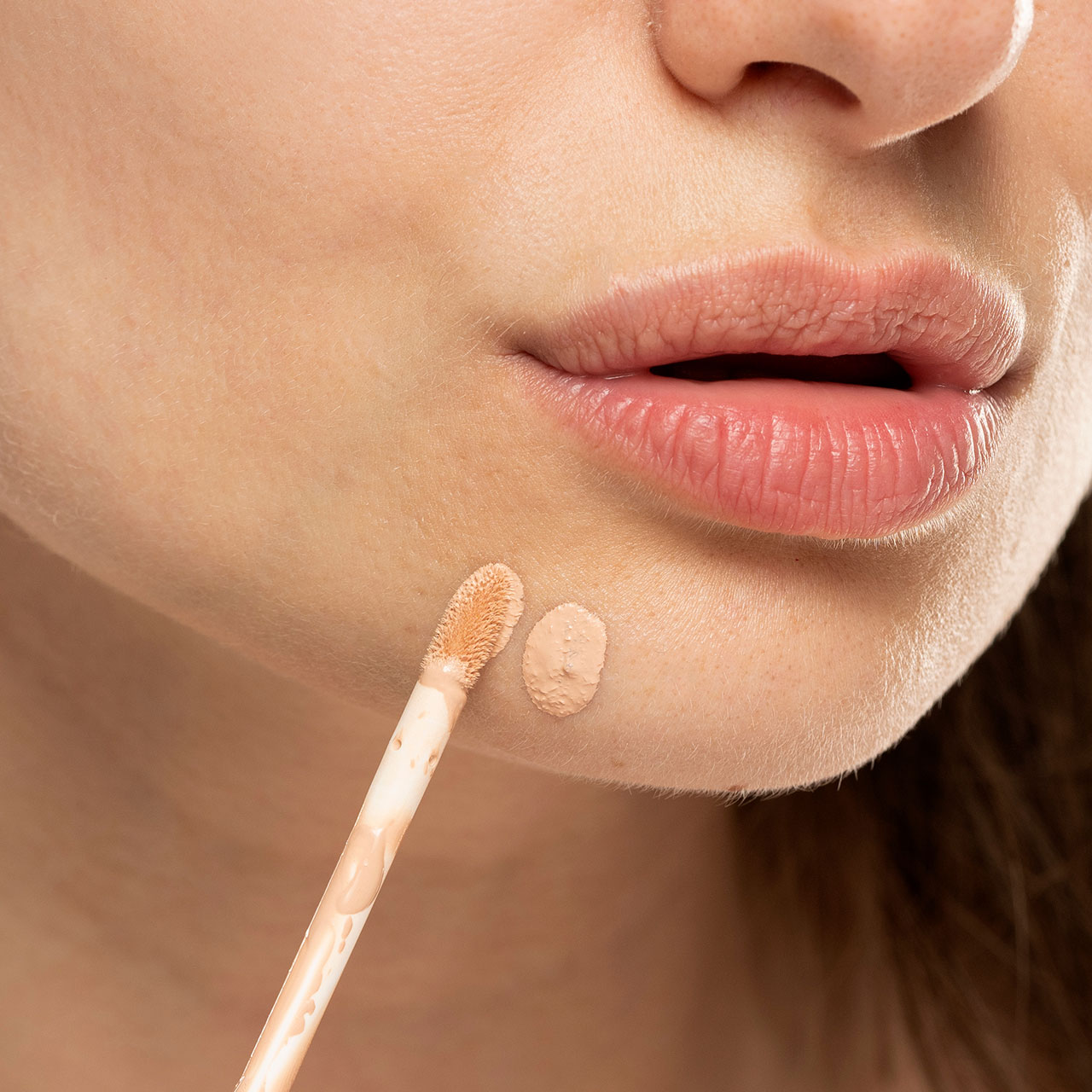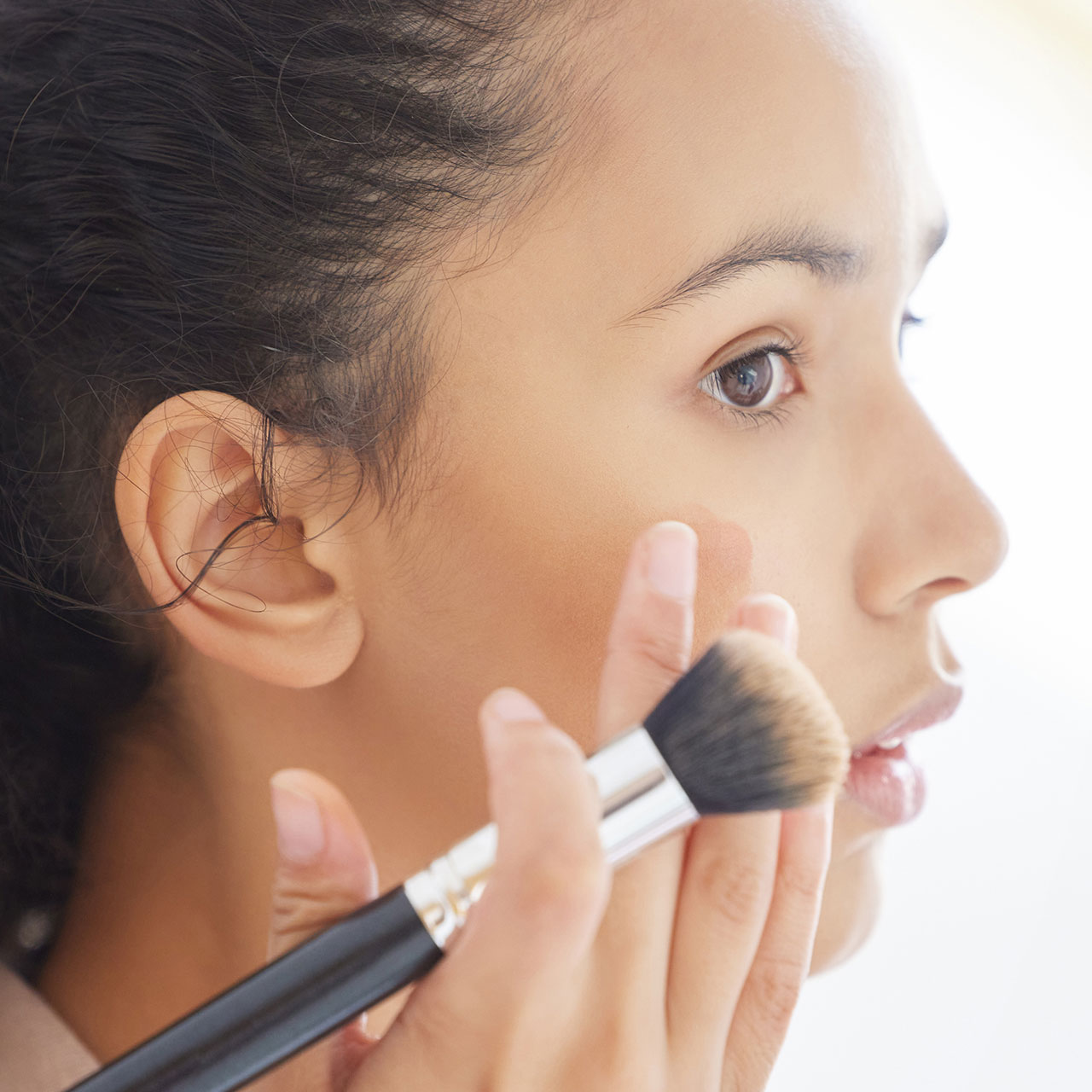When you have thinning hair, every trip to the hair salon can bring on anxiety. It can feel like SO much is at stake when you get a haircut because the right style can make your hair look fuller, but the wrong one can all too easily call attention to fine or thin strands and a sparse scalp. Knowing which haircuts to avoid is as important as figuring out the best style that suits your hair type and facial features. Remember: hair is supremely personal and one tip may work for you, while another simply won’t apply. The best advice is to consult with a hair stylist you trust and come up with a plan that works specifically for your hair. In the meantime though, if you’re still doing your research and trying to come up with haircuts that will do the most for thinning hair, hair care experts say these are the unflattering haircuts that are less likely to bring out the beauty in thinner hair textures.

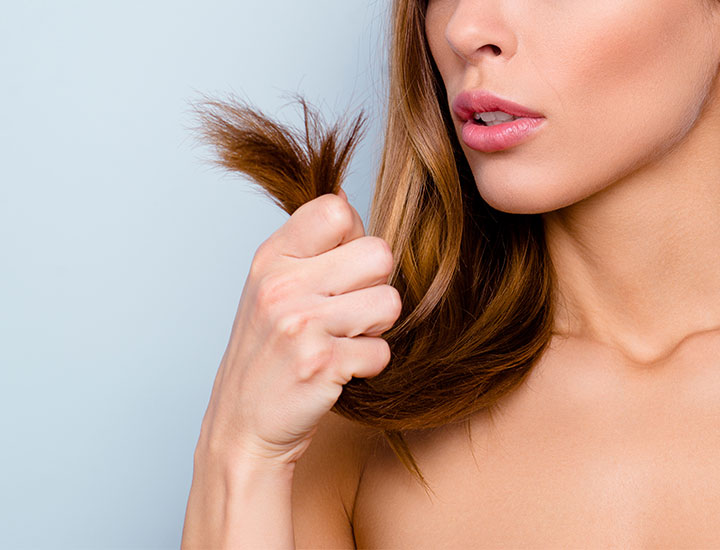
Avoid lots of layers
Layers are tricky if you have limp or fine hair. A few strategic layers can provide lift and movement to thinner hair, but going to far will have the opposite effect and leave you flat. “Avoid lots of layers if you have limp or fine hair,” says Michelle Jacoby, owner of Sundance Salon & Spa in Connecticut and founder of ATIRA Clear Color Sheets. “It mostly will only comply for a few minutes — an hour at best. Fine hair with an attempt at a heavy bang only steals precious strands from creating destiny in weaker areas.”
For thin and thinning hair, a whole lotta layers will take away from the overall density and make the hair appear even thinner, agrees Salon Lead Brittney Shockey, who is also a cosmetologist. “Ask for ‘invisible’ layers that are seamless and can be strategically placed throughout the hair to encourage movement,” Shockey says.
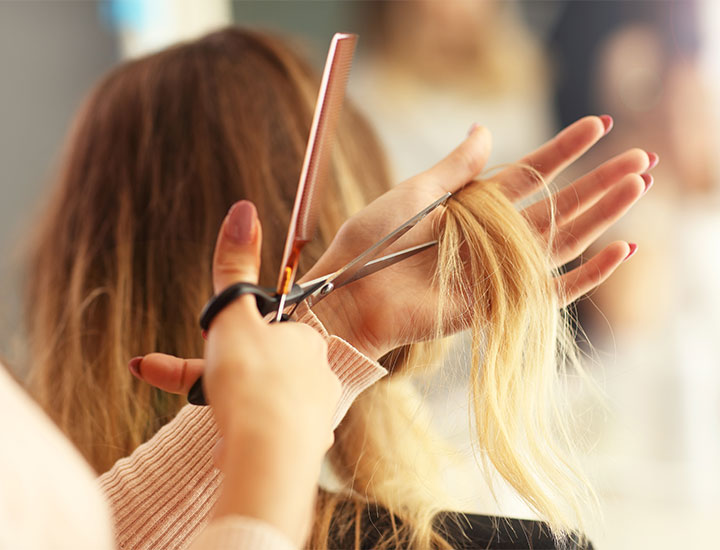
Rethink a middle part
Rethink having a middle part in any style, Jacoby recommends. Even if the look is trendy, the truth of the matter is that a middle part reveals more of your scalp, and if you are thinning, that area could be more sparse. “Instead, try a side part or even a deep side part to help conceal a ‘see-through’ effect at the top of the head,” Jacoby says.
Too-long hair
No one should tell you to chop off your hair if you love it long. But if it’s thinning, especially at the ends, a good haircut can still retain some length, but will make it look healthier. “Pick a length that gives you a strong line at the perimeter,” Jacoby suggests.
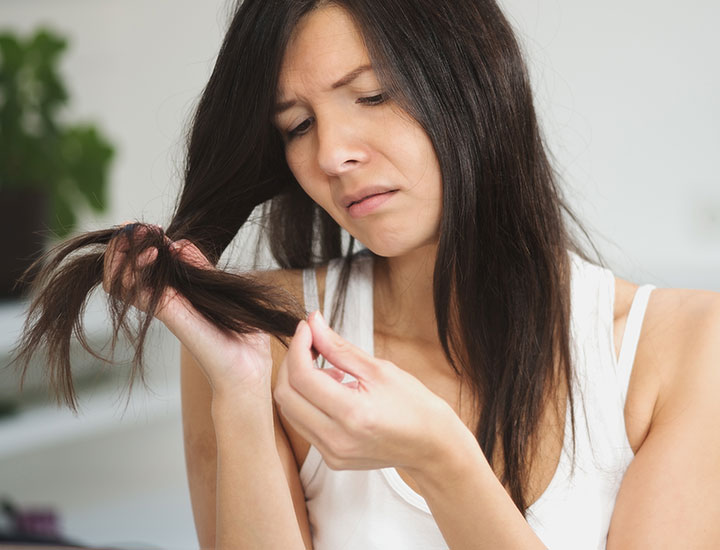
Avoid tight hairstyles
More of a style tip than a haircut tip, but if you are used to sporting your hair in tight, pulled-back styles, it’s worth a chat with your stylist to come up with a cut you’ll feel comfortable with so that you can wear your hair loose.
“Tight, pulled-back hair can reveal a weak hairline,” Jacoby says. “Instead, allow the soft piece to flow and form around the face to give a flattering look.”
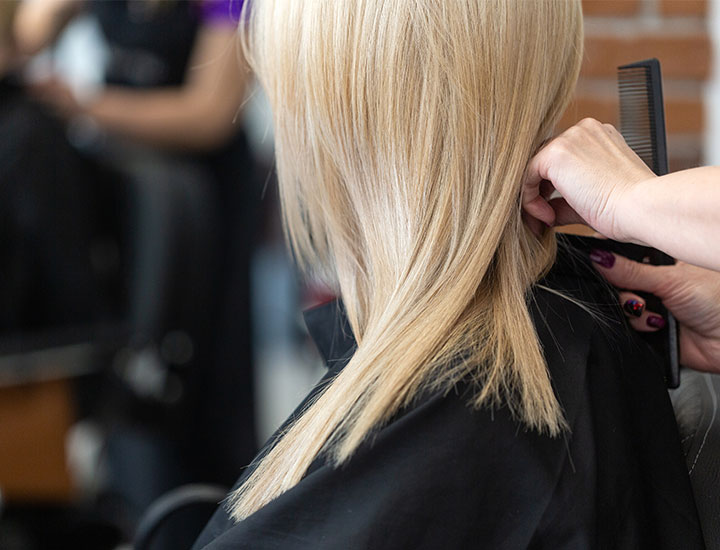
Wispy bangs
Cutting bangs is always so tempting, especially if you’re not used to having them. But there’s one bang trend that’s a no-no if you want to make thinning hair look better: wispy bangs. “Wispy bangs are typically not recommended for those with fine hair because they can make hair look thinner,” says Shockey. “Instead of the wispy bangs, trying heavy blunt bangs that hit right at your eyebrows.”
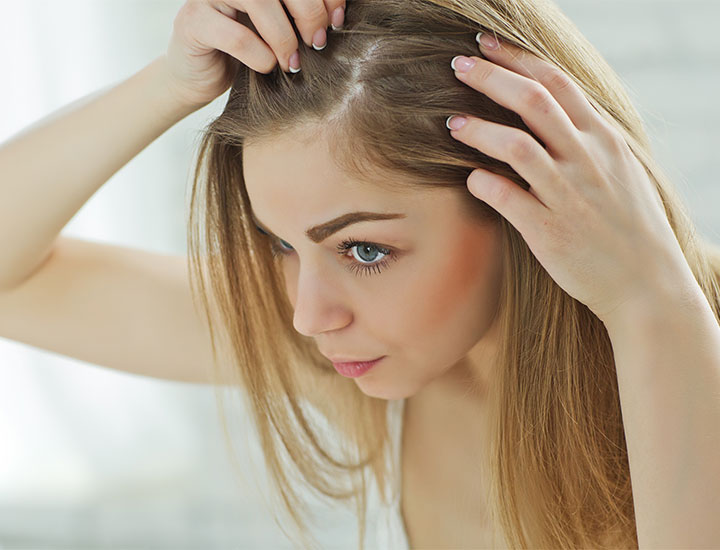
Bob cuts
Say it ain’t so. The bob cut — aka the one haircut that is usually deemed a winner by so many hair experts for SO many different hair types and face shapes — actually isn’t the best option for thinning hair, notes natural hair stylist Darrius Peace.
“Bob haircuts are some of the most unflattering styles for thinning hair,” Peace says. “This is because in most cases, the more sparse areas of the hair tend to be at the top. Bob haircuts thrive on fuller tops that cascade into blunt or asymmetrical finishes at the bottom. The cascade of the Bob cut exaggerates the thickness that one may be experiencing in these cases. The best type of haircut for dinner hair would be short cropped pixie cuts. These are most ideal as they ascend upwards, offering a better concealing of any areas of concern.”
Remember: regular maintenance
No matter which haircut you ultimately find to be your personal best, it’s important to keep up with regular trims and shape-ups, says Shockey (every 6 to 12 weeks is recommended, depending on the length of your hair). “Breakage can be a common challenge for those with thinning hair so keeping the ends fuller can make a significant difference visually as well as encourage retention by keeping split ends in check, Shockey says.





